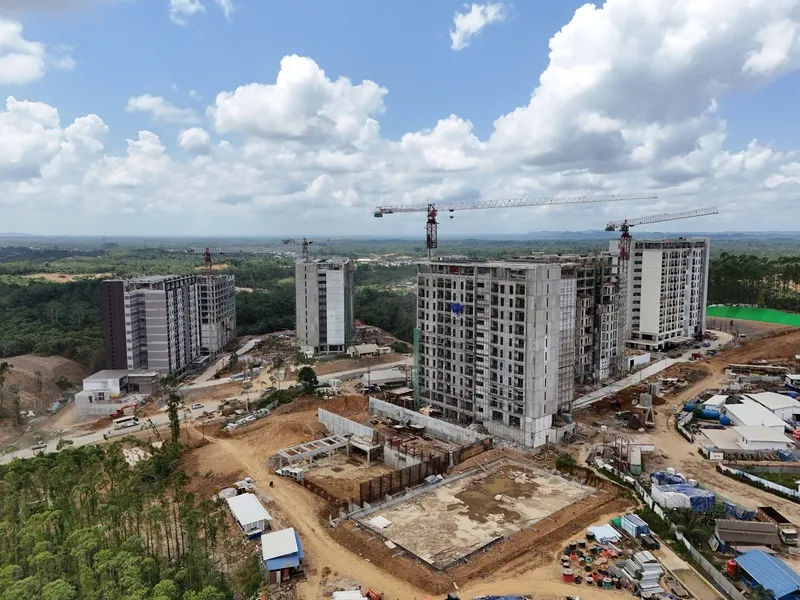Indonesia’s capital Jakarta faces a growing problem due to severe traffic congestion, which is particularly intense at peak periods. Increasing vehicle numbers in the city mean that the existing traffic problem is fast getting worse. The authorities are looking at policies to address the issue. Official data suggests that vehicle numbers are increasing by 9%/year, equivalent to an additional 1,117 vehicles taking to the city’s roads every day.
September 24, 2012
Read time: 2 mins
Indonesia’s capital Jakarta faces a growing problem due to severe traffic congestion, which is particularly intense at peak periods. Increasing vehicle numbers in the city mean that the existing traffic problem is fast getting worse. The authorities are looking at policies to address the issue. Official data suggests that vehicle numbers are increasing by 9%/year, equivalent to an additional 1,117 vehicles taking to the city’s roads every day. The problem of congestion is being compounded by the fact that the road network is not increasing at anything like the same rate. New roads are increasing the network by just 0.01%/year. To address the issue the Ministry of Public Works is developing a dual policy that combines both short and long term measures. But unless the short term measures are carried out quickly and prove effective, Jakarta could face gridlock as early as 2014. New roads are planned as part of the plan being devised by the Ministry of Public Works. In all some 4,792km of new roads will be required to add to the existing 7,208km so as to help address the city’s current chronic traffic congestion.








